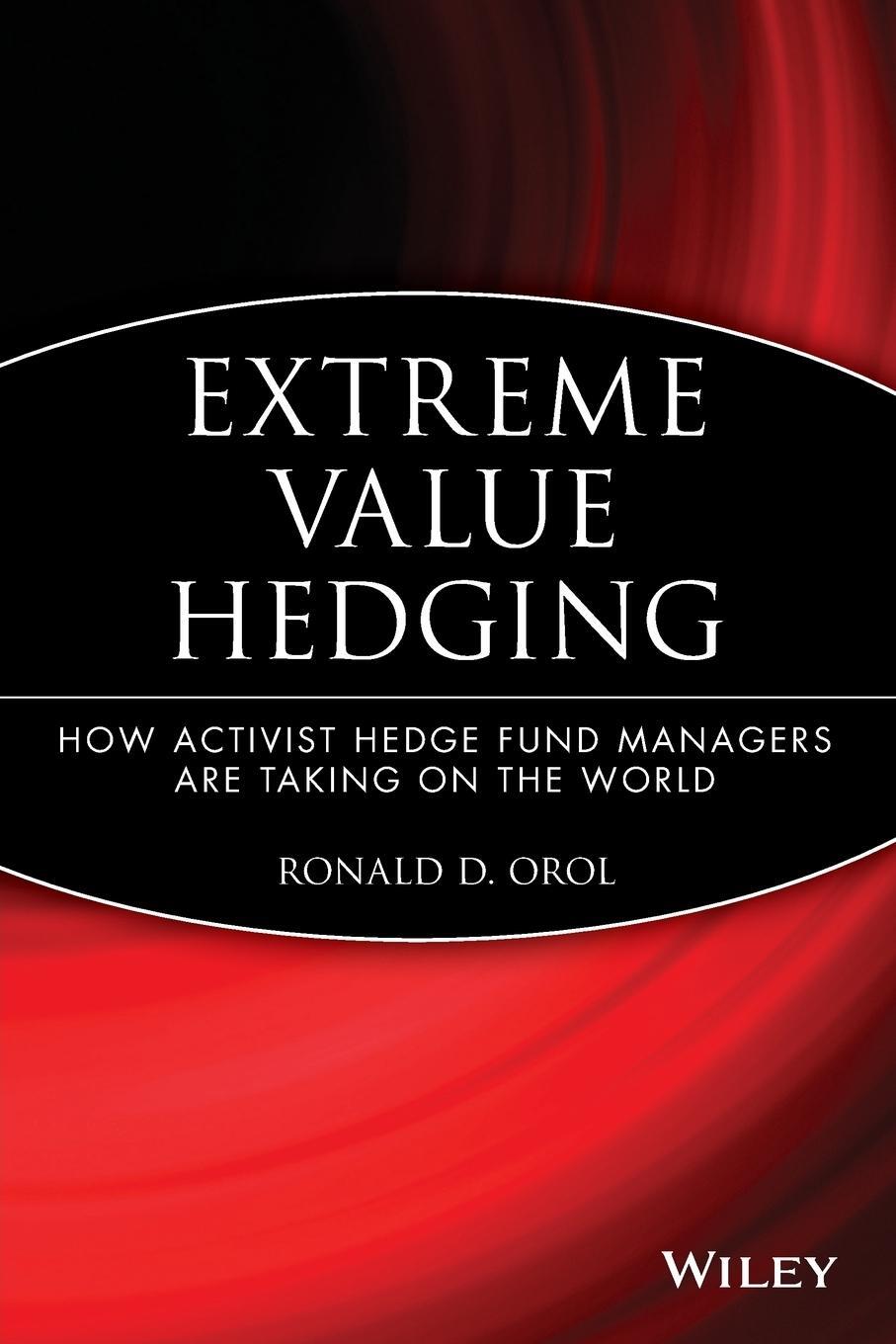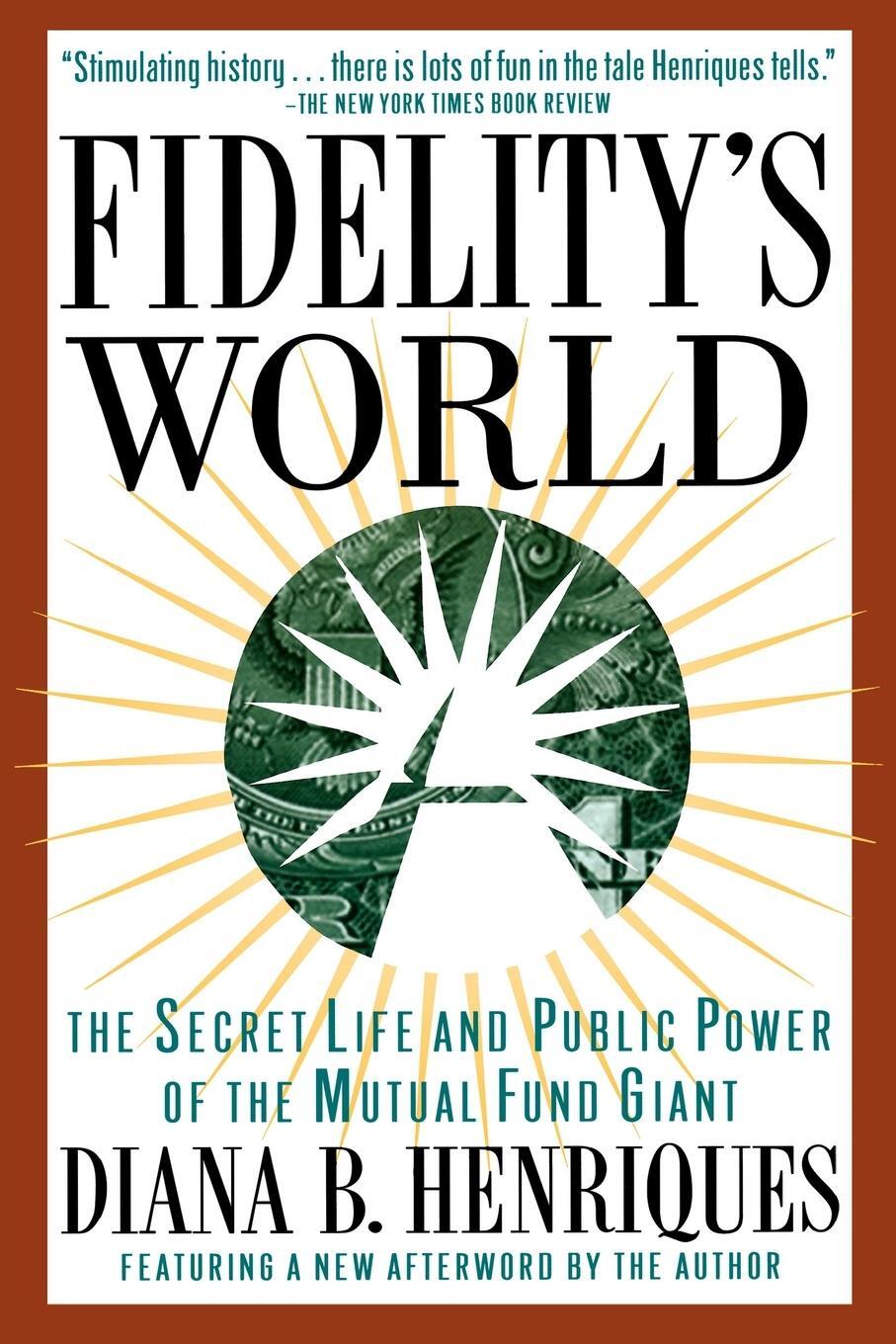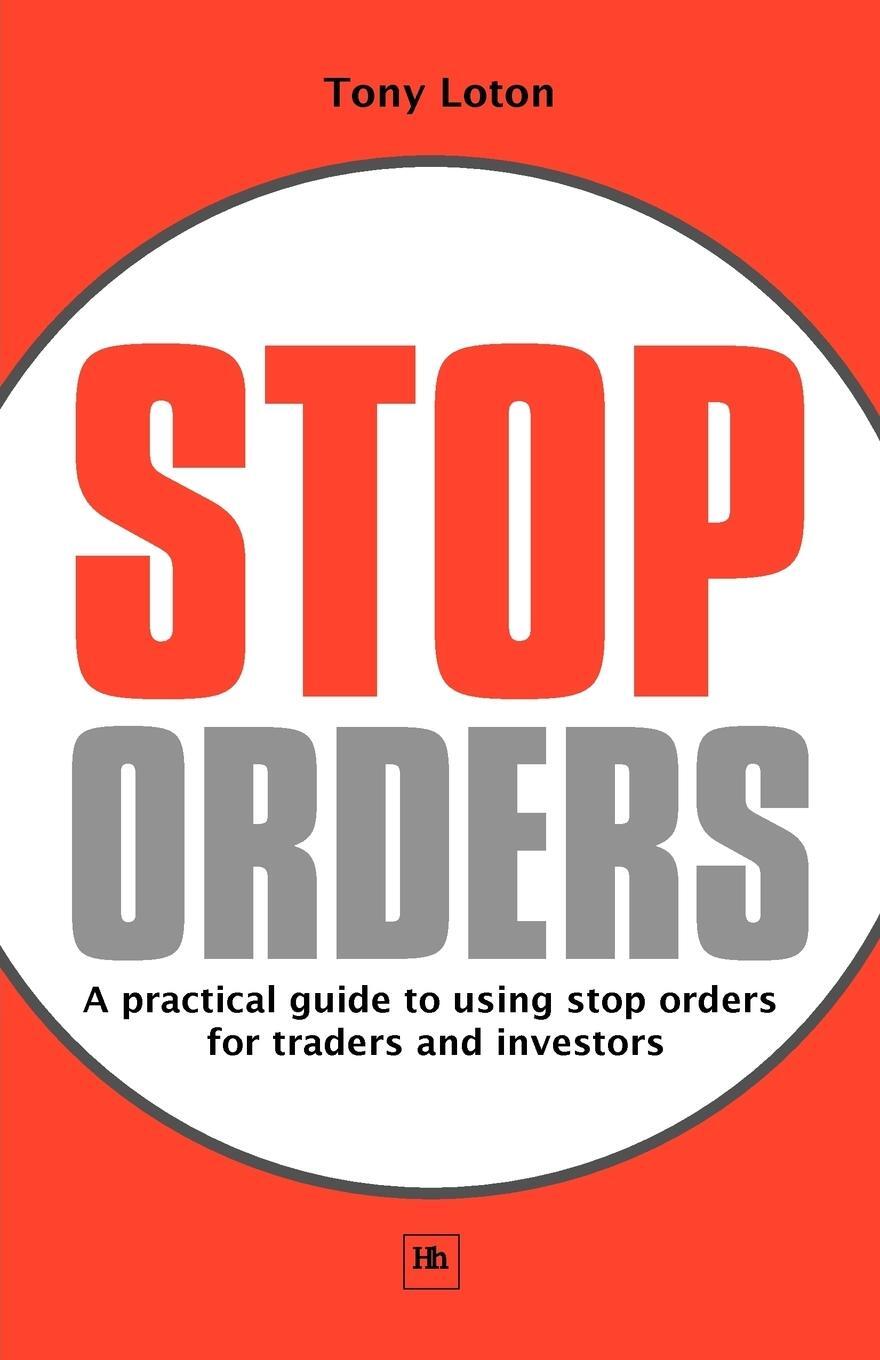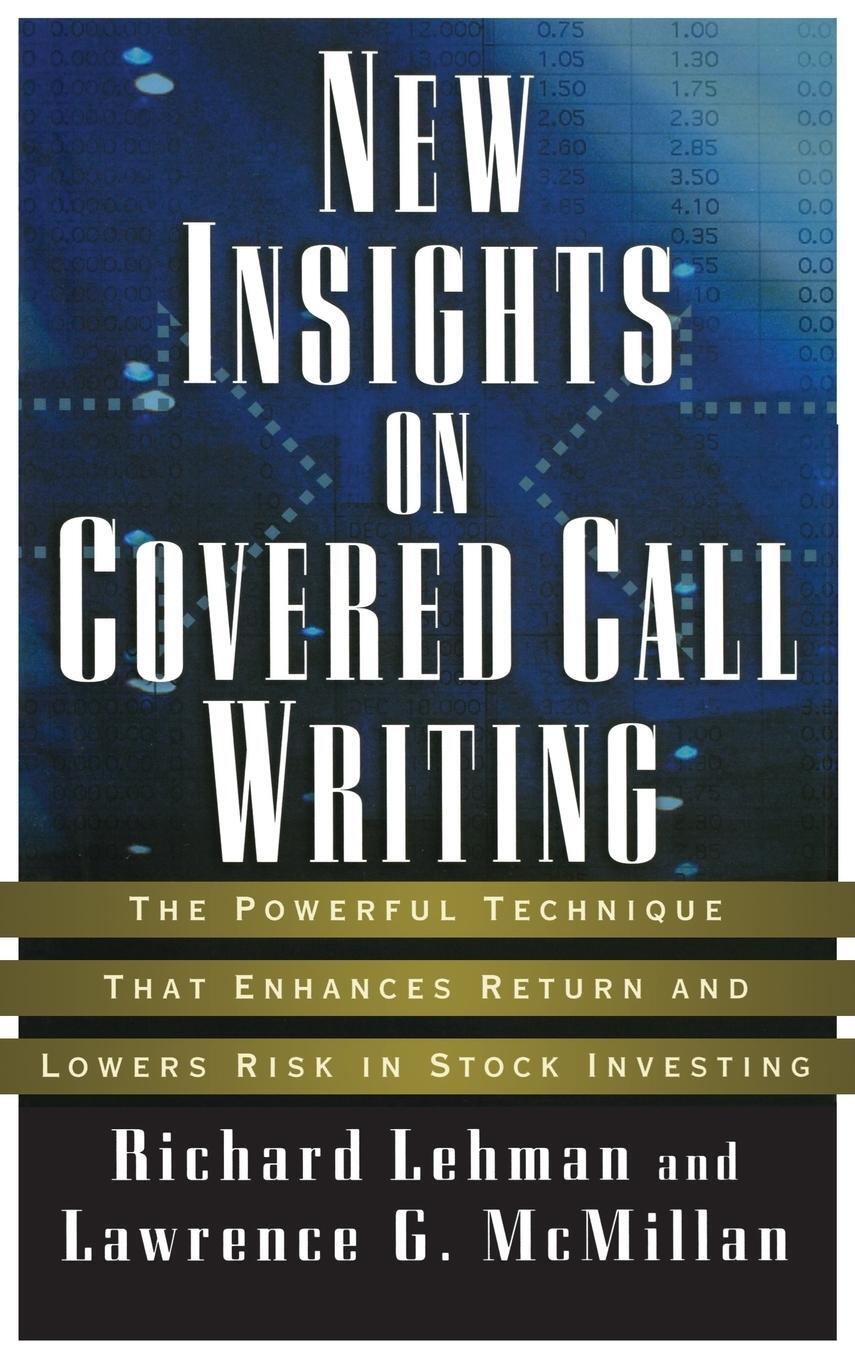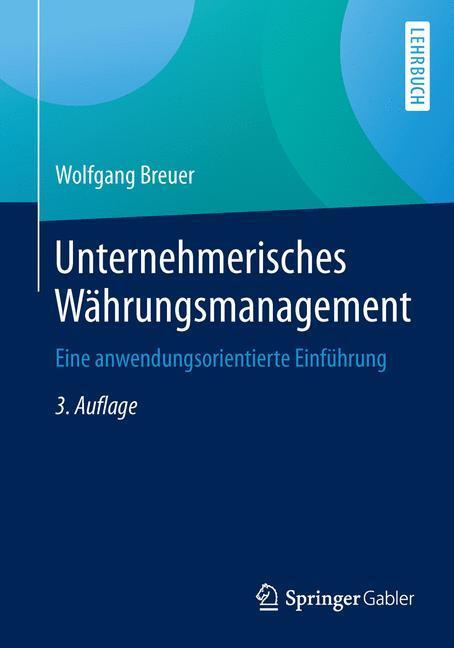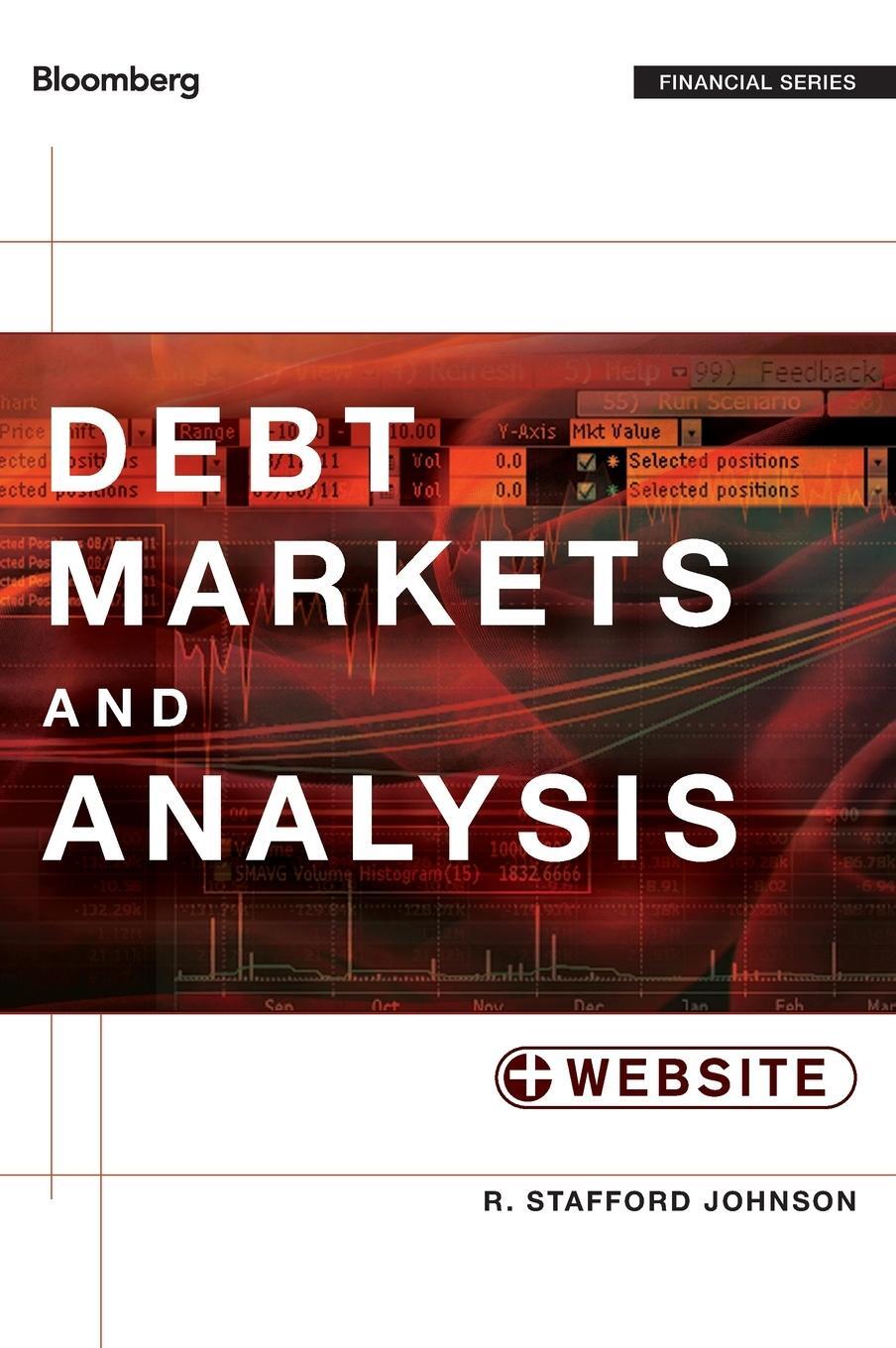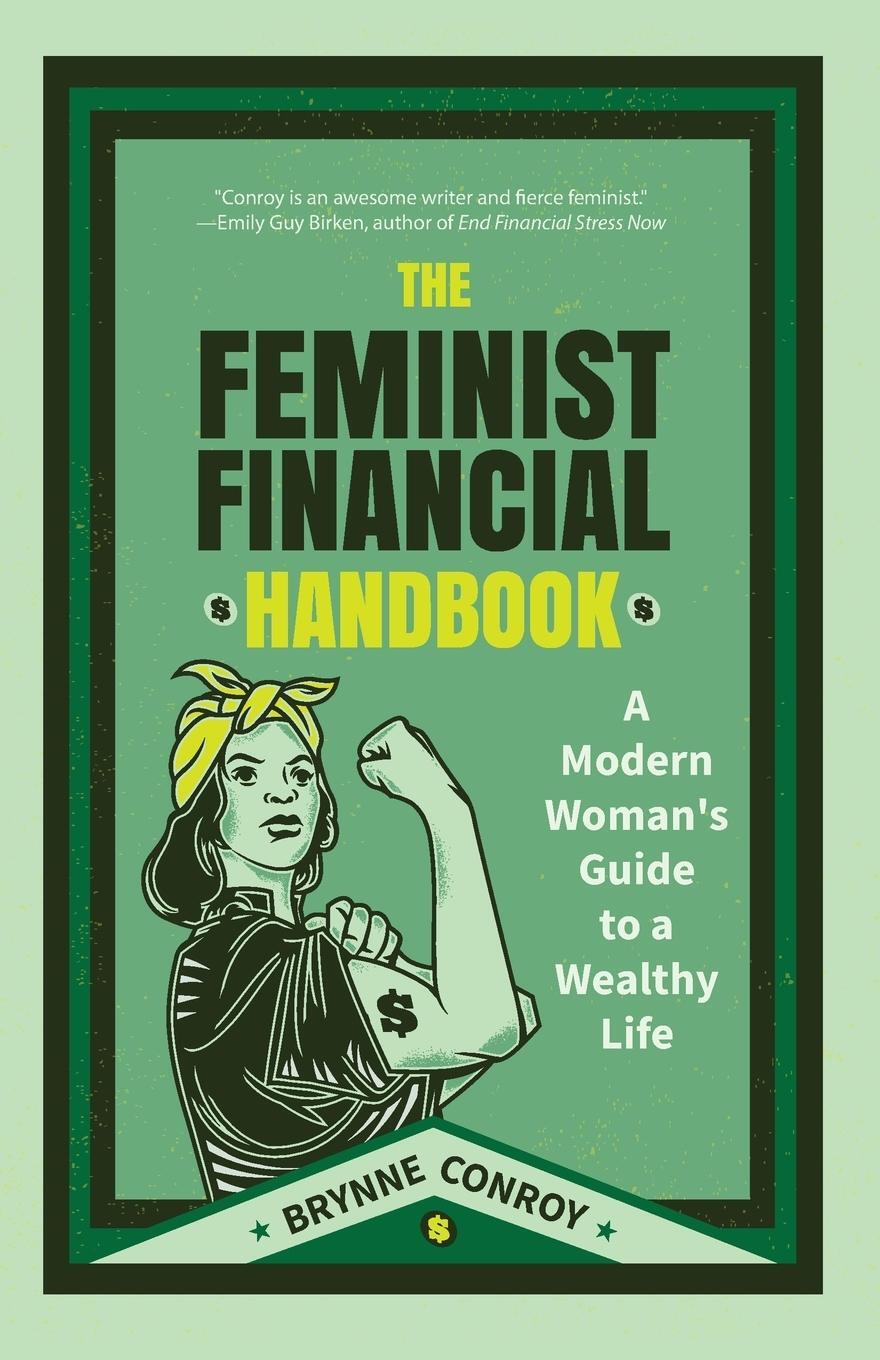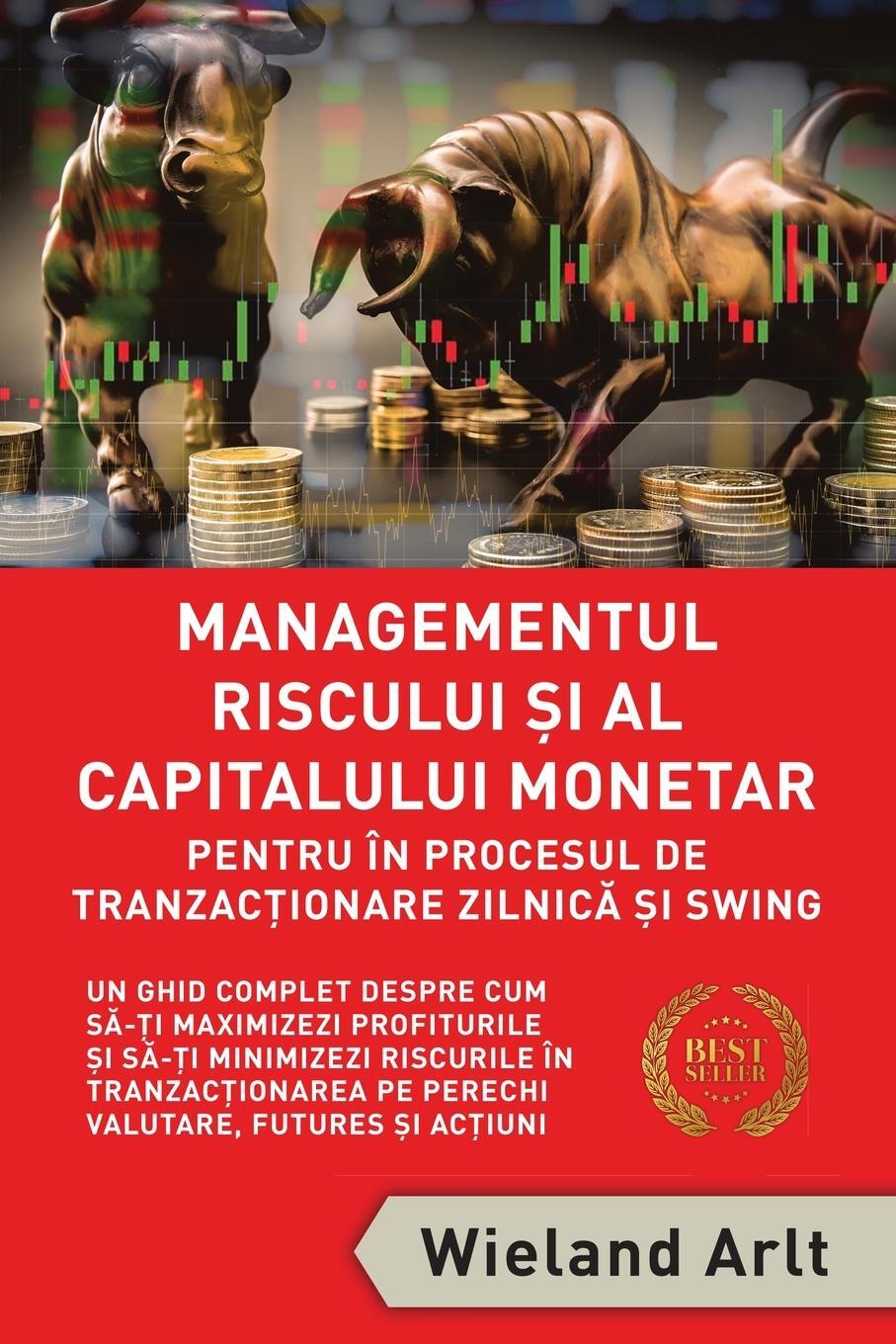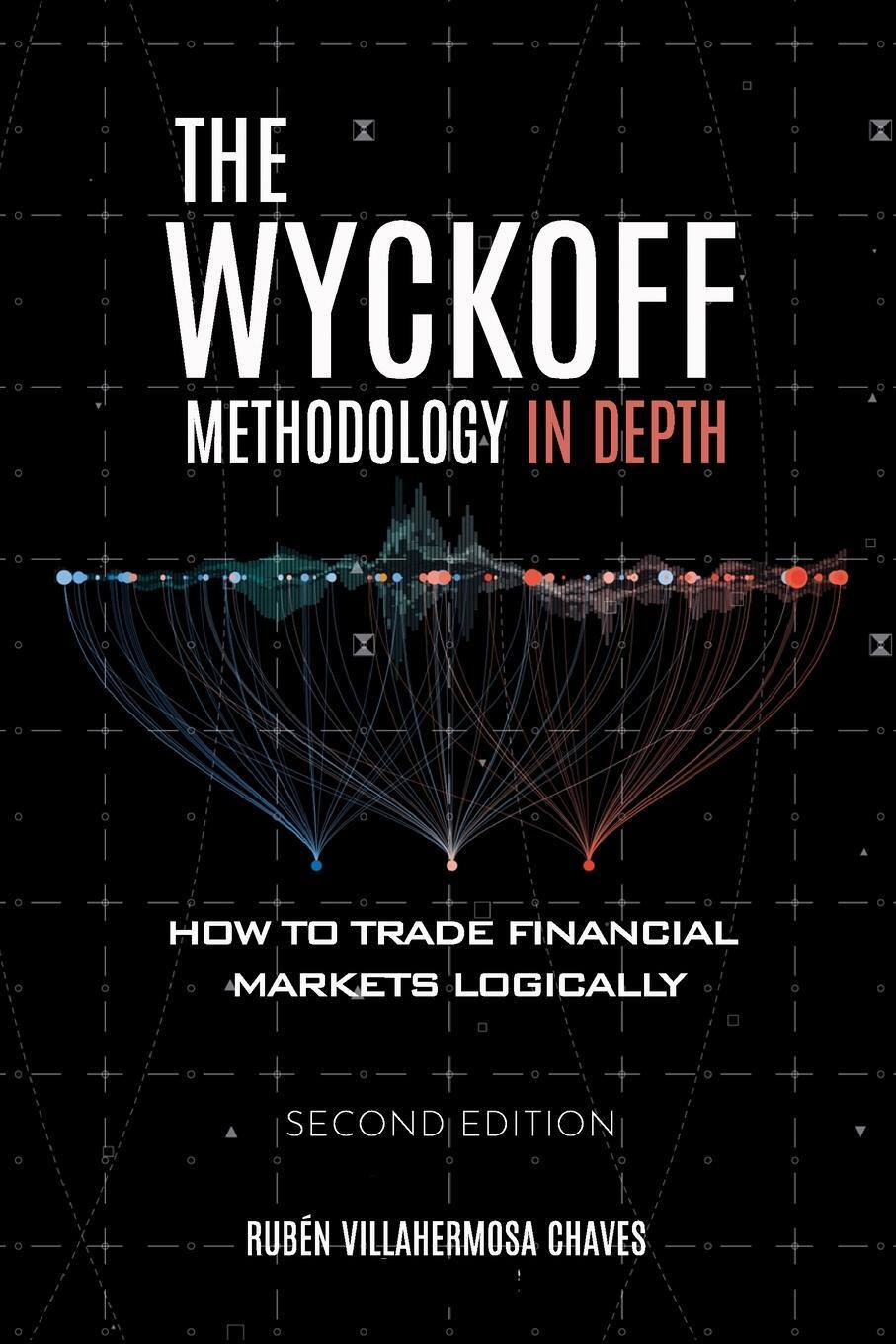Dekorationsartikel gehören nicht zum Leistungsumfang.
Sprache:
Englisch
17,50 €*
Versandkostenfrei per Post / DHL
Aktuell nicht verfügbar
Kategorien:
Beschreibung
An inside look at an innovative group of hedge fund managers who are shaking up the corporate establishment
Activist hedge fund managers are small in numbers in the trillion-dollar hedge fund industry, but their approach has caused a stir in the investment community because their unconventional investments pay off in a big way in both strong and weak economies. Extreme Value Hedging tells the story of their rise to power in the US and how they are spreading their influential gospel around the globe. Author Ronald Orol has a unique understanding of this world, and he shares his unparalleled insights on everything from activist efforts to break up clubby corporate boardrooms to their pressure tactics and courtroom battles.
Ronald D. Orol (Washington, D.C.) is a senior writer for The Deal and The Daily Deal, covering the activist hedge fund industry and the Securities and Exchange Commission.
Activist hedge fund managers are small in numbers in the trillion-dollar hedge fund industry, but their approach has caused a stir in the investment community because their unconventional investments pay off in a big way in both strong and weak economies. Extreme Value Hedging tells the story of their rise to power in the US and how they are spreading their influential gospel around the globe. Author Ronald Orol has a unique understanding of this world, and he shares his unparalleled insights on everything from activist efforts to break up clubby corporate boardrooms to their pressure tactics and courtroom battles.
Ronald D. Orol (Washington, D.C.) is a senior writer for The Deal and The Daily Deal, covering the activist hedge fund industry and the Securities and Exchange Commission.
An inside look at an innovative group of hedge fund managers who are shaking up the corporate establishment
Activist hedge fund managers are small in numbers in the trillion-dollar hedge fund industry, but their approach has caused a stir in the investment community because their unconventional investments pay off in a big way in both strong and weak economies. Extreme Value Hedging tells the story of their rise to power in the US and how they are spreading their influential gospel around the globe. Author Ronald Orol has a unique understanding of this world, and he shares his unparalleled insights on everything from activist efforts to break up clubby corporate boardrooms to their pressure tactics and courtroom battles.
Ronald D. Orol (Washington, D.C.) is a senior writer for The Deal and The Daily Deal, covering the activist hedge fund industry and the Securities and Exchange Commission.
Activist hedge fund managers are small in numbers in the trillion-dollar hedge fund industry, but their approach has caused a stir in the investment community because their unconventional investments pay off in a big way in both strong and weak economies. Extreme Value Hedging tells the story of their rise to power in the US and how they are spreading their influential gospel around the globe. Author Ronald Orol has a unique understanding of this world, and he shares his unparalleled insights on everything from activist efforts to break up clubby corporate boardrooms to their pressure tactics and courtroom battles.
Ronald D. Orol (Washington, D.C.) is a senior writer for The Deal and The Daily Deal, covering the activist hedge fund industry and the Securities and Exchange Commission.
Über den Autor
RONALD D. OROL is a financial reporter for MarketWatch, where he reports on hedge funds, banking regulation, and also the Securities and Exchange Commission. Prior to MarketWatch, Orol spent seven years as a senior writer for The Deal and The Daily Deal, covering the activist hedge fund industry as well as other topics. He is also a commentator on BBC World Television, CNBC TV, CTV, and National Public Radio. In addition, Orol regularly organizes and moderates panels on hedge funds and banking regulation. Prior to his work at The Deal, he was a reporter with Dow Jones Newswires and the Washington correspondent at the Providence Journal. Before moving to Washington, Orol spent three years as a business and finance reporter for the Prague Post in the Czech Republic. While in Prague, he also reported for Southam Newspapers, the Montreal Gazette, and the Toronto Star on Eastern European privatization and the political transformation of the region. Orol earned his bachelor of journalism honors degree from Carleton University in Ottawa, and received a business and economics journalism master's degree from Boston University, where he graduated with distinction.
Inhaltsverzeichnis
Preface.
Acknowledgments.
Introduction.
Part One: From Raiders to Activists and Everything in Between.
Chapter 1: Growth of Activism and Why Corporate Raiders Aren't Around Anymore.
Chapter 2: Nuts and Bolts: How Activists Became Who They Are Today.
Chapter 3: The Pack: How Activists Are Working Together (But Not Officially).
Chapter 4: How Activists Use Litigation to Pursue Their Agenda.
Chapter 5: Why Activists Target Certain Corporations and Leave Others Alone.
Chapter 6: Overperked and Overpaid: The Impact of Activists on Executive Compensation.
Chapter 7: Hedge Specialization: Good or Bad?
Chapter 8: Regulation and Activists: How the Securities and Exchange Commission Helps (or Hurts) Activists.
Part Two: Institutional Investors and Activists.
Chapter 9: Institutional Investors on Activist Hedge Funds: Love'em or Hate'em?
Chapter 10: Activists Taking on Large Corporations Must Have Institutional Support.
Chapter 11: Institutions and Activist Hedge Funds: Breaking Up Deals Together Around the World.
Chapter 12: Just Vote No and No and No Again.
Chapter 13: Institutions Changing Corporate Bylaws so Activist Hedge Funds Can Get Down to Business.
Chapter 14: Can't Be Them? Then Fund Them.
Chapter 15: Institutions Behaving Like Activist Hedge Fund Managers.
Part Three: Activism 2.0.
Chapter 16: Technology, Communications, and Activists: Gary Lutin, Eric Jackson, and Anne Faulk.
Chapter 17: When Is an Activist Fund Really a Private Equity Fund, and What's the Difference?
Chapter 18: Funds of Hedge Funds Stake Out Activists.
Chapter 19: Distressed Investing: How Activist Managers Buy Debt and Provoke Companies.
Chapter 20: Hedge Activists in Western Europe, Asia, and Canada.
Chapter 21: East Meets West: Hedge Activism Goes Global to Emerging Markets.
Chapter 22: Value Investing versus Activism: Which One Is Better?
Conclusion: Saturation or No Saturation?
Notes.
About the Author.
Index.
Acknowledgments.
Introduction.
Part One: From Raiders to Activists and Everything in Between.
Chapter 1: Growth of Activism and Why Corporate Raiders Aren't Around Anymore.
Chapter 2: Nuts and Bolts: How Activists Became Who They Are Today.
Chapter 3: The Pack: How Activists Are Working Together (But Not Officially).
Chapter 4: How Activists Use Litigation to Pursue Their Agenda.
Chapter 5: Why Activists Target Certain Corporations and Leave Others Alone.
Chapter 6: Overperked and Overpaid: The Impact of Activists on Executive Compensation.
Chapter 7: Hedge Specialization: Good or Bad?
Chapter 8: Regulation and Activists: How the Securities and Exchange Commission Helps (or Hurts) Activists.
Part Two: Institutional Investors and Activists.
Chapter 9: Institutional Investors on Activist Hedge Funds: Love'em or Hate'em?
Chapter 10: Activists Taking on Large Corporations Must Have Institutional Support.
Chapter 11: Institutions and Activist Hedge Funds: Breaking Up Deals Together Around the World.
Chapter 12: Just Vote No and No and No Again.
Chapter 13: Institutions Changing Corporate Bylaws so Activist Hedge Funds Can Get Down to Business.
Chapter 14: Can't Be Them? Then Fund Them.
Chapter 15: Institutions Behaving Like Activist Hedge Fund Managers.
Part Three: Activism 2.0.
Chapter 16: Technology, Communications, and Activists: Gary Lutin, Eric Jackson, and Anne Faulk.
Chapter 17: When Is an Activist Fund Really a Private Equity Fund, and What's the Difference?
Chapter 18: Funds of Hedge Funds Stake Out Activists.
Chapter 19: Distressed Investing: How Activist Managers Buy Debt and Provoke Companies.
Chapter 20: Hedge Activists in Western Europe, Asia, and Canada.
Chapter 21: East Meets West: Hedge Activism Goes Global to Emerging Markets.
Chapter 22: Value Investing versus Activism: Which One Is Better?
Conclusion: Saturation or No Saturation?
Notes.
About the Author.
Index.
Details
| Erscheinungsjahr: | 2009 |
|---|---|
| Fachbereich: | Betriebswirtschaft |
| Genre: | Wirtschaft |
| Rubrik: | Recht & Wirtschaft |
| Medium: | Taschenbuch |
| Seiten: | 400 |
| Inhalt: | 400 S. |
| ISBN-13: | 9780470450246 |
| ISBN-10: | 047045024X |
| Sprache: | Englisch |
| Einband: | Kartoniert / Broschiert |
| Autor: | Orol, Ronald D |
| Hersteller: |
WILEY
John Wiley & Sons |
| Maße: | 229 x 152 x 22 mm |
| Von/Mit: | Ronald D Orol |
| Erscheinungsdatum: | 01.09.2009 |
| Gewicht: | 0,58 kg |
Über den Autor
RONALD D. OROL is a financial reporter for MarketWatch, where he reports on hedge funds, banking regulation, and also the Securities and Exchange Commission. Prior to MarketWatch, Orol spent seven years as a senior writer for The Deal and The Daily Deal, covering the activist hedge fund industry as well as other topics. He is also a commentator on BBC World Television, CNBC TV, CTV, and National Public Radio. In addition, Orol regularly organizes and moderates panels on hedge funds and banking regulation. Prior to his work at The Deal, he was a reporter with Dow Jones Newswires and the Washington correspondent at the Providence Journal. Before moving to Washington, Orol spent three years as a business and finance reporter for the Prague Post in the Czech Republic. While in Prague, he also reported for Southam Newspapers, the Montreal Gazette, and the Toronto Star on Eastern European privatization and the political transformation of the region. Orol earned his bachelor of journalism honors degree from Carleton University in Ottawa, and received a business and economics journalism master's degree from Boston University, where he graduated with distinction.
Inhaltsverzeichnis
Preface.
Acknowledgments.
Introduction.
Part One: From Raiders to Activists and Everything in Between.
Chapter 1: Growth of Activism and Why Corporate Raiders Aren't Around Anymore.
Chapter 2: Nuts and Bolts: How Activists Became Who They Are Today.
Chapter 3: The Pack: How Activists Are Working Together (But Not Officially).
Chapter 4: How Activists Use Litigation to Pursue Their Agenda.
Chapter 5: Why Activists Target Certain Corporations and Leave Others Alone.
Chapter 6: Overperked and Overpaid: The Impact of Activists on Executive Compensation.
Chapter 7: Hedge Specialization: Good or Bad?
Chapter 8: Regulation and Activists: How the Securities and Exchange Commission Helps (or Hurts) Activists.
Part Two: Institutional Investors and Activists.
Chapter 9: Institutional Investors on Activist Hedge Funds: Love'em or Hate'em?
Chapter 10: Activists Taking on Large Corporations Must Have Institutional Support.
Chapter 11: Institutions and Activist Hedge Funds: Breaking Up Deals Together Around the World.
Chapter 12: Just Vote No and No and No Again.
Chapter 13: Institutions Changing Corporate Bylaws so Activist Hedge Funds Can Get Down to Business.
Chapter 14: Can't Be Them? Then Fund Them.
Chapter 15: Institutions Behaving Like Activist Hedge Fund Managers.
Part Three: Activism 2.0.
Chapter 16: Technology, Communications, and Activists: Gary Lutin, Eric Jackson, and Anne Faulk.
Chapter 17: When Is an Activist Fund Really a Private Equity Fund, and What's the Difference?
Chapter 18: Funds of Hedge Funds Stake Out Activists.
Chapter 19: Distressed Investing: How Activist Managers Buy Debt and Provoke Companies.
Chapter 20: Hedge Activists in Western Europe, Asia, and Canada.
Chapter 21: East Meets West: Hedge Activism Goes Global to Emerging Markets.
Chapter 22: Value Investing versus Activism: Which One Is Better?
Conclusion: Saturation or No Saturation?
Notes.
About the Author.
Index.
Acknowledgments.
Introduction.
Part One: From Raiders to Activists and Everything in Between.
Chapter 1: Growth of Activism and Why Corporate Raiders Aren't Around Anymore.
Chapter 2: Nuts and Bolts: How Activists Became Who They Are Today.
Chapter 3: The Pack: How Activists Are Working Together (But Not Officially).
Chapter 4: How Activists Use Litigation to Pursue Their Agenda.
Chapter 5: Why Activists Target Certain Corporations and Leave Others Alone.
Chapter 6: Overperked and Overpaid: The Impact of Activists on Executive Compensation.
Chapter 7: Hedge Specialization: Good or Bad?
Chapter 8: Regulation and Activists: How the Securities and Exchange Commission Helps (or Hurts) Activists.
Part Two: Institutional Investors and Activists.
Chapter 9: Institutional Investors on Activist Hedge Funds: Love'em or Hate'em?
Chapter 10: Activists Taking on Large Corporations Must Have Institutional Support.
Chapter 11: Institutions and Activist Hedge Funds: Breaking Up Deals Together Around the World.
Chapter 12: Just Vote No and No and No Again.
Chapter 13: Institutions Changing Corporate Bylaws so Activist Hedge Funds Can Get Down to Business.
Chapter 14: Can't Be Them? Then Fund Them.
Chapter 15: Institutions Behaving Like Activist Hedge Fund Managers.
Part Three: Activism 2.0.
Chapter 16: Technology, Communications, and Activists: Gary Lutin, Eric Jackson, and Anne Faulk.
Chapter 17: When Is an Activist Fund Really a Private Equity Fund, and What's the Difference?
Chapter 18: Funds of Hedge Funds Stake Out Activists.
Chapter 19: Distressed Investing: How Activist Managers Buy Debt and Provoke Companies.
Chapter 20: Hedge Activists in Western Europe, Asia, and Canada.
Chapter 21: East Meets West: Hedge Activism Goes Global to Emerging Markets.
Chapter 22: Value Investing versus Activism: Which One Is Better?
Conclusion: Saturation or No Saturation?
Notes.
About the Author.
Index.
Details
| Erscheinungsjahr: | 2009 |
|---|---|
| Fachbereich: | Betriebswirtschaft |
| Genre: | Wirtschaft |
| Rubrik: | Recht & Wirtschaft |
| Medium: | Taschenbuch |
| Seiten: | 400 |
| Inhalt: | 400 S. |
| ISBN-13: | 9780470450246 |
| ISBN-10: | 047045024X |
| Sprache: | Englisch |
| Einband: | Kartoniert / Broschiert |
| Autor: | Orol, Ronald D |
| Hersteller: |
WILEY
John Wiley & Sons |
| Maße: | 229 x 152 x 22 mm |
| Von/Mit: | Ronald D Orol |
| Erscheinungsdatum: | 01.09.2009 |
| Gewicht: | 0,58 kg |
Warnhinweis

